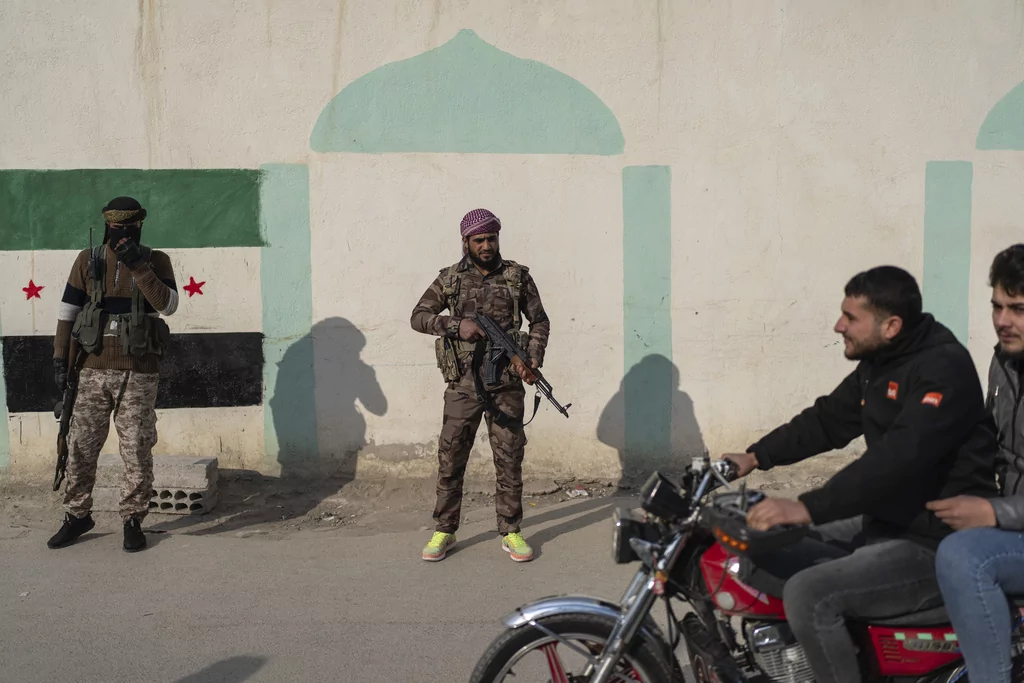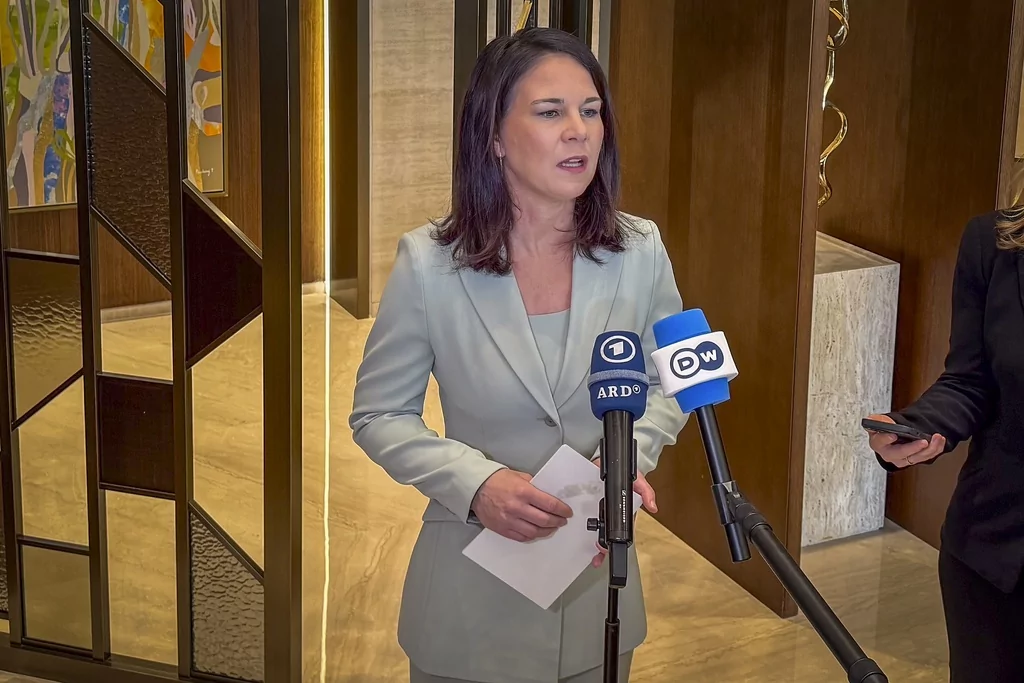
The European Union is eyeing an easing of sanctions on Syria, one month after Islamist rebels overthrew the government of Bashar al-Assad.
EU Foreign Policy Chief Kaja Kallas announced that all EU foreign ministers would meet in Brussels on Jan. 27 to discuss how to ease sanctions on the war-torn country, Reuters reported. The sanctions currently in place are primarily against the former government of Assad and his allies. Despite the recorded war crimes committed by the ruling Hayat Tahrir al-Sham, an Al Qaeda offshoot, discussions of sanctions were almost entirely focused on the former government.
TARIFFS, CRYPTO, AND INTEREST RATES SET TO DOMINATE 2025 ECONOMIC AGENDA

German Foreign Minister Annalena Baerbock, attending a meeting on Syria’s future in Riyadh, Saudi Arabia, advocated a “smart approach to sanctions, providing rapid relief for the Syrian population. Syrians now need a quick dividend from the transition of power, and we continue to help those in Syria who have nothing, as we have done all the years of civil war.”
She added that sanctions against “Assad’s henchmen who committed serious crimes” must remain in place.
Baerbock announced $51.2 million in aid from Germany for humanitarian supplies. Germany is leading the effort regarding the easing of sanctions against Syria.
WHICH JAN. 6 DEFENDERS COULD SEE PARDONS

Little mention was made of sanctions against the new government.
EU and U.S. sanctions played a key role in toppling Assad’s government, wrecking the country’s economy to where it struggled to pay its soldiers. The HTS-led rebel offensive in November encountered sparingly little resistance against the demoralized government troops.
The sanctions against the Assad government included the freezing of assets, bans on financial and banking dealings, bans on oil purchases, and bans on most investment and trade.
HTS’s leader, Abu Mohammad al Julani, is not only the former emir of the Al Nusra Front, Al Qaeda’s affiliate in Syria, but also a former lieutenant of ISIS. A key part of Julani’s strategy was to portray HTS as having moderated since its rebranding in 2017 — something the U.S. has consistently rejected.
CLICK HERE TO READ MORE FROM THE WASHINGTON EXAMINER
Following its conquest of Syria, however, U.S. officials are floating the possibility of removing its Foreign Terrorist Organization designation.
Three U.S. officials familiar with the matter told the Washington Post that the Biden administration would defer to the incoming Trump administration as to whether or not to lift the FTO designation against HTS and its leaders.






